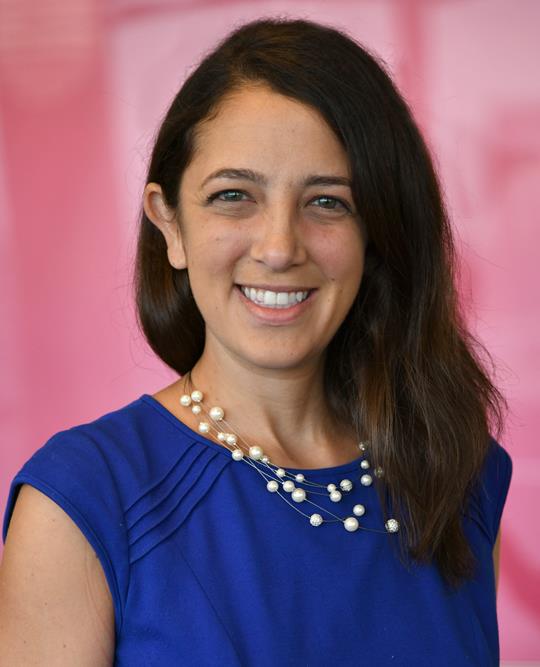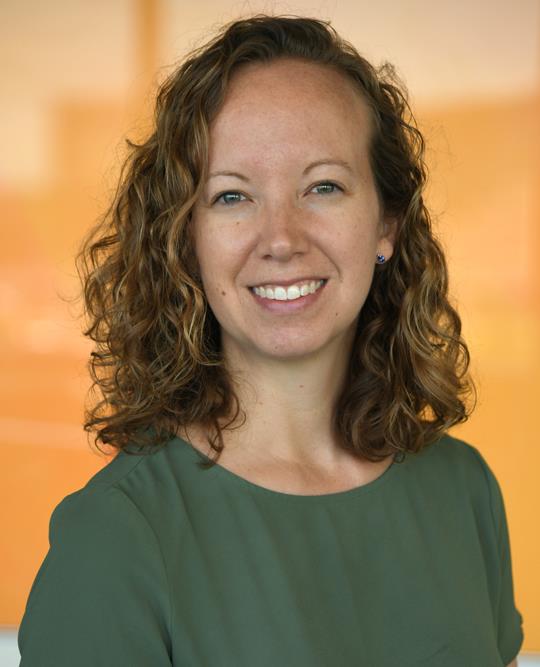- Doctors & Departments
-
Conditions & Advice
- Overview
- Conditions and Symptoms
- Symptom Checker
- Parent Resources
- The Connection Journey
- Calm A Crying Baby
- Sports Articles
- Dosage Tables
- Baby Guide
-
Your Visit
- Overview
- Prepare for Your Visit
- Your Overnight Stay
- Send a Cheer Card
- Family and Patient Resources
- Patient Cost Estimate
- Insurance and Financial Resources
- Online Bill Pay
- Medical Records
- Policies and Procedures
- We Ask Because We Care
Click to find the locations nearest youFind locations by region
See all locations -
Community
- Overview
- Addressing the Youth Mental Health Crisis
- Calendar of Events
- Child Health Advocacy
- Community Health
- Community Partners
- Corporate Relations
- Global Health
- Patient Advocacy
- Patient Stories
- Pediatric Affiliations
- Support Children’s Colorado
- Specialty Outreach Clinics
Your Support Matters
Upcoming Events
Mental Health Town Hall
Tuesday, April 23, 2024Join Children’s Hospital Colorado pediatric experts for a virtual...
-
Research & Innovation
- Overview
- Clinical Trials
- Q: Pediatric Health Advances
- Discoveries and Milestones
- Training and Internships
- Academic Affiliation
- Investigator Resources
- Funding Opportunities
- Center For Innovation
- Support Our Research
- Research Areas

It starts with a Q:
For the latest cutting-edge research, innovative collaborations and remarkable discoveries in child health, read stories from across all our areas of study in Q: Advances and Answers in Pediatric Health.


Allergy and Immunology
Food Allergies in Kids
Kids aren’t just mini adults. In fact, they’re incredibly different. That’s why they need incredibly different care.

What is a food allergy?
A food allergy is an adverse immune system response to a food protein that can result in symptoms related to a number of different parts of the body including the gastrointestinal tract. Symptoms most often include hives but can also include facial swelling, tingling or burning in the mouth, vomiting and diarrhea.
Food allergy symptoms can be immediate, typically occurring within minutes to an hour after exposure, or delayed, occurring several hours later. Other diseases, such as lactose intolerance, are caused by eating certain foods, but these are not food allergies.
What causes food allergies?
It is not exactly known what causes food allergies. Typically our body's immune system is able to tolerate eating most foods that we come in contact with and digest every day. During a food allergic response, the body develops an inappropriate immune response to the ingested food resulting in allergic symptoms.
Who gets a food allergy?
Anyone can develop a food allergy but a child is more likely to develop food allergies when other family members have a history of an allergic disease such as asthma, eczema, hay fever or food allergies. The majority of childhood food allergies develop in the first 1 to 2 years of life although new food allergies can develop throughout childhood. Some children will outgrow their allergies while others will remain allergic into adolescence and adulthood.
What are the signs and symptoms of food allergies?
Allergic reactions can happen immediately (from seconds to one hour) after eating a food, or be delayed (hours or days after exposure). Immediate symptoms can include:
- Hives
- Itching of mouth, lips, tongue, throat, eyes, skin or other areas
- Nausea and/or vomiting
- Swelling of lips, tongue, eyelids or the whole face
- Difficulty swallowing
- Wheezing and/or shortness of breath
The most serious symptom is anaphylaxis, a whole body response to an allergen that can result in shock and cause impaired breathing and blood flow (circulation). Anaphylaxis is a serious and life threatening allergic response that requires immediate medical attention. Call 911 if your child cannot breathe.
Delayed symptoms can include:
- Abdominal pain and/or stomach cramps
- Poor appetite
- Diarrhea
- Eczema or rash
What tests are used to diagnose food allergies?
The most common tests for allergies are skin prick testing and blood tests (ImmunoCAP).
Skin prick testing is typically performed in an office setting; testing involves pricking the skin with a small amount of the suspected allergen in a liquid on the arm or back. Sometimes this will cause a raised area to develop, like a small bug bite or hive, at the site of the prick. Negative testing does not rule out an allergy and a positive test does not mean your child will have a reaction if that food if ingested. Your allergist will determine whether or not the test is abnormal or not.
How do doctors at Children's Hospital Colorado make a diagnosis?
Our allergists perform allergy tests and, importantly, interpret their results. An allergist will decide on the most appropriate allergy testing for your child based on his or her history or allergic reactions. Based on your child's symptoms it may also be recommended that other testing be performed, such as a supervised food challenge, an endoscopy or colonoscopy by a pediatric gastroenterologist here at Children's Colorado.
How is a food allergy treated?
Food allergies are treated most commonly either by completely avoiding the allergen or, in some cases, immunotherapy (or desensitization). Immunotherapy is recommended and performed by allergists. Immunotherapy is not a cure, but can readjust the immune system response enough to allow children and adults to safely consume foods to which they were previously allergic.
Anaphylaxis, the most extreme allergic reaction, is an emergency and needs to be treated as such. Anyone with food allergies should have epinephrine (e.g., EpiPen) prescribed to them and carry this pen with them to be used in the case of anaphylaxis.
Some children with multiple food allergies also have eosinophilic esophagitis or other disorders. The Gastrointestinal Eosinophilic Diseases Program (GEDP) is a multidisciplinary program that cares for children with eosinophilic inflammation of their intestines, otherwise called, eosinophilic gastrointestinal diseases (EGIDs) that include eosinophilic esophagitis, eosinophilic gastritis, eosinophilic gastroenteritis and eosinophilic colitis. Many children with EGIDs have food allergies and could benefit from the GEDP.
Why choose Children's Colorado for your child's food allergies?
Allergy specialists at Children's Colorado are leaders in allergy research and treatments. In conjunction with the University of Colorado School of Medicine our allergy specialists at the Children's Colorado are on the forefront of evaluating new methods of allergy testing and new medications for allergy treatment.
In our clinics, extensive diagnostic testing is available for both infants and older children. We believe a multidisciplinary approach to allergy management is the best way to improve quality of life for our young patients. Here at Children's Colorado, your allergist will work with an experienced team including doctors, nurses, dietitians, social workers, child life specialists and therapists. Allergists also work closely with other specialists, including gastroenterologists, to provide appropriate diagnostic evaluation and to best manage your child's allergies.
- The Food Allergy and Anaphylaxis Network offers information about living with food allergies, current research and support networks.
- GastroKids focuses on helping parents and kids manage gastrointestinal disorders including food allergies.
Next steps
-
Would you like to learn more about us?
Learn more about the Allergy and Immunology Center -
Do you have questions about your child’s condition?
720-777-2575 -
Are you ready to schedule an appointment?
Schedule an appointment

Compassionate care, wherever you are
We’re here when you need us. Telehealth appointments are available across every specialty, so you can get the high-quality care we’ve always offered from the comfort, privacy and convenience of home.
See if telehealth is right for you
Get to know our pediatric experts.

Tolulope Falaiye, MD
Gastroenterology - Pediatric

Marisa Stahl, MD
Gastroenterology - Pediatric, Pediatrics

Calies Menard-Katcher, MD
Gastroenterology - Pediatric

Caroline Hall, MD
Gastroenterology - Pediatric, Pediatrics



 720-777-0123
720-777-0123



